Adam and Erin Turner share their experience of becoming a transracial adoptive family as they welcomed into their lives two children from South Africa, the country where Holt recently launched our newest adoption program.
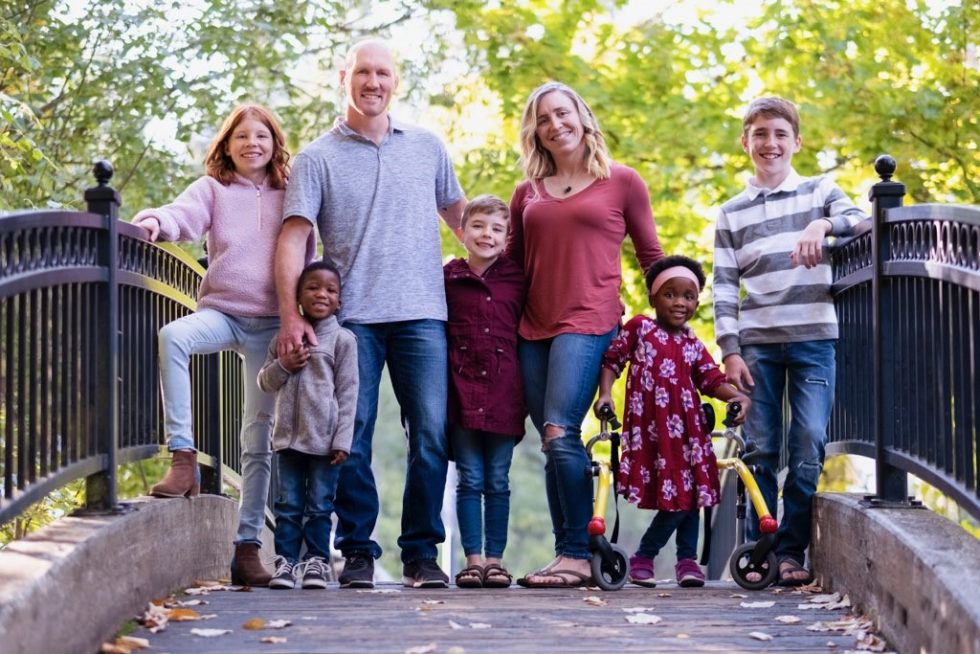
It’s difficult to say when the word “adoption” first popped into our heads. We talked about adoption in the earliest moments of forming our family. Maybe it was an image or a story that stuck with us during our childhood years. We had no examples in our family, per se. It simply felt like a whisper and a heart opening. It felt like extending love, security and family to a child who desperately needed it.
The desire and whispering voice stuck with us as our young children grew. And in the most unlikely moment, that whisper turned into a curiosity about what was possible. Many hurdles had to be overcome and many unlikely “yeses” had to be given. When the doors flung open, we were nervous yet hopeful. We knew we had a lot to learn but that the gift of time would allow us to set out on a journey of growth and maturation that would be important for our family and all our children.
Letting Go and Saying Yes
Throughout the process, decisions that felt a bit unnatural at first had to be made. We simply wanted to be a family for a child who needed one. All the decisions seemed odd beyond that. But nonetheless, we had to move forward with deciding the birth country of our child. The country of South Africa drew us in for its diversity, history, culture and beauty, like so many places around the world.
When we spent more time learning about the HIV crisis in South Africa and learned that a family adopting through the program would need to be open to parenting a child with HIV, we felt equipped and ready to step into the life of a child who had been affected by HIV in some way. It is also no secret that the ethics and complexity of adoption are challenging and important. That was clear to us from the beginning and almost stopped us from pursuing adoption at all. This is why partnering with Wandisa, an agency that fights for safety, security, love and family for all vulnerable children in their community and that does so in such a powerful and ethical way, was really important to us.
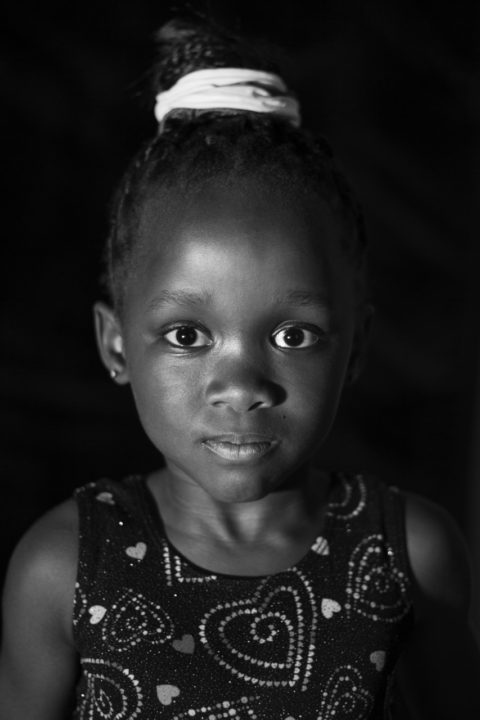
If we could say yes to any child born to us, we could say yes to any child in front of us. We knew we could rally as a family around a child and love them deeply regardless of the unknowns of their future.
At the time we entered the program in April 2014, HIV was the main special need of children being adopted from South Africa. However, the program changed dramatically during our time of waiting. Children who were older with higher level needs were more commonly being referred through the program. It was a slow and gradual evolution of thought, realizing that we could parent a child with more severe needs and do it well. Eventually, we could envision that reality and we knew we could become strong advocates for our child regardless of their abilities or medical complexity.
If we could say yes to any child born to us, we could say yes to any child in front of us. We knew we could rally as a family around a child and love them deeply regardless of the unknowns of their future.
It is true what is said for all adoptions: you don’t know what the future holds. But as our openness grew, we began to let go of worries about the future and just remain present to the commitment of love. That mindset would continue to carry us through the many moments ahead.
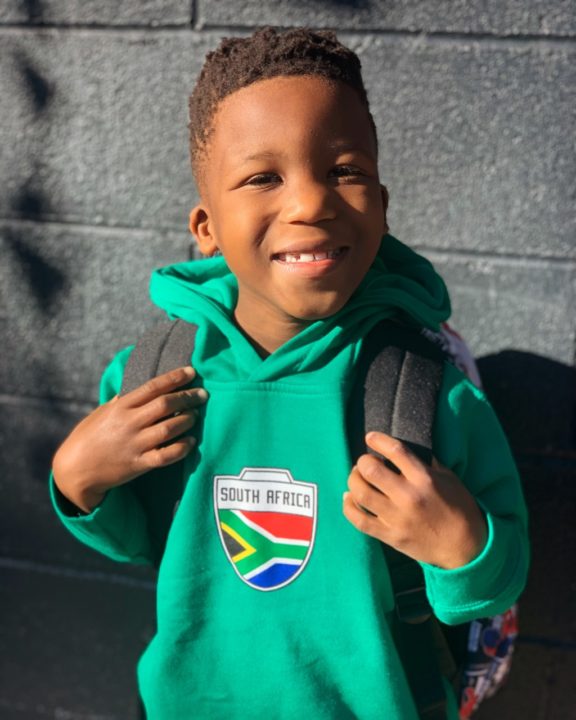
It isn’t all roses, the parenting or the attachment work or the grief. But this is important and holy work for you and your child.
Parenting a Child With Trauma
All adoptees experience trauma. This is not an opinion, but a fact. The adoption itself is traumatic. While reading is important and educating yourself about what parenting might look like is wise, actually parenting a child with that trauma history and guiding them requires commitment, unconditional love (even when you don’t feel it), and community.
It isn’t all roses, the parenting or the attachment work or the grief. But this is important and holy work for you and your child.
The most powerful support we have received has been in the form of friends and family who can hold your joys and struggles and your triumphs and failures with love and tenderness. Those who can see the beauty and pain in your child and encourage you in your love and care each step of the way are a true gift.
Becoming a Transracial Family
South Africa itself is a beautiful and richly diverse country. It also has its own history with relatively recent ending of apartheid about 30 years ago. Visiting South Africa and learning about the foods and flavors and smells, the people, and the landscape of the country is a pure joy. And yet, racial division still exists very much like it does here in the U.S. It can feel even more obvious in a country that is new to racial reconciliation.
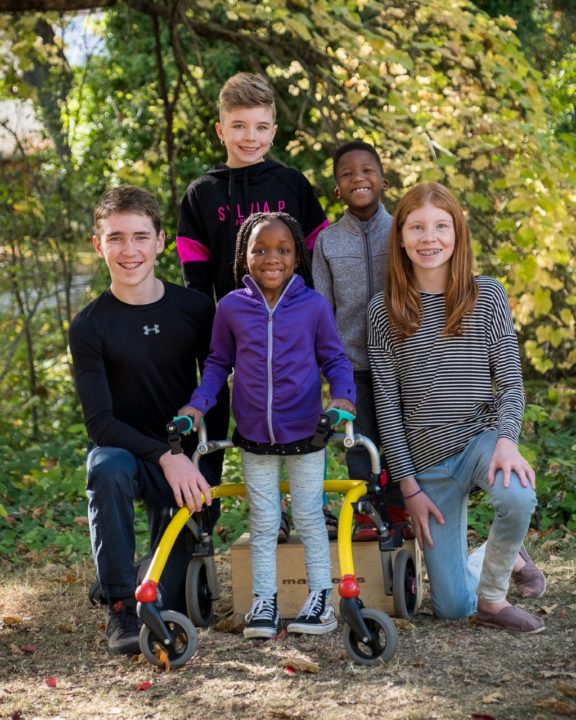
It’s not just about hair or skin care, though those are important. It’s about racial justice, seeking out Black mirrors and mentors, fighting for Black empowerment and for the same educational opportunities and outcomes for Black students, and constantly fighting implicit biases — your own and those of the community around you.
Becoming a transracial family gives new identity to each member. Our commitment to learning about and embracing Black culture, both here in the U.S. and in South Africa, continues. It’s a lifelong journey that is important to each member of our family. We attended a transracial adoption workshop by Angela Tucker prior to our first adoption, which really laid the groundwork for our continued advocacy, learning and work.
It’s not just about hair or skin care, though those are important. It’s about racial justice, seeking out Black mirrors and mentors, fighting for Black empowerment and for the same educational opportunities and outcomes for Black students, and constantly fighting implicit biases — your own and those of the community around you.
It means getting comfortable with being uncomfortable. It means wearing your Black Lives Matter shirt while a truck drives by you waving a confederate flag. It means taking a stand on behalf of Black members of your community and constantly elevating their voices above your own. It’s decentering your whiteness at every opportunity and celebrating your children’s blackness each and every day.
Showing Up for Our Children
Our children were adopted in November 2017 and June 2019. Their stories are their own to tell. Adoption was a last resort for them. And we wish it wasn’t that way. We are committed to walking through their grief together and helping them process all that they have lost. Watching them become exactly who they were created to be with the love and nurturing of family has been some of the most holy witnessing we have ever had the privilege of being part of.
Our children have taught us immeasurably more than we have taught them. And as imperfect parents, we do a lot of apologizing for our failures. But we always show up for each other. We never leave. Even on the hardest days, we show up for our commitment to each other.
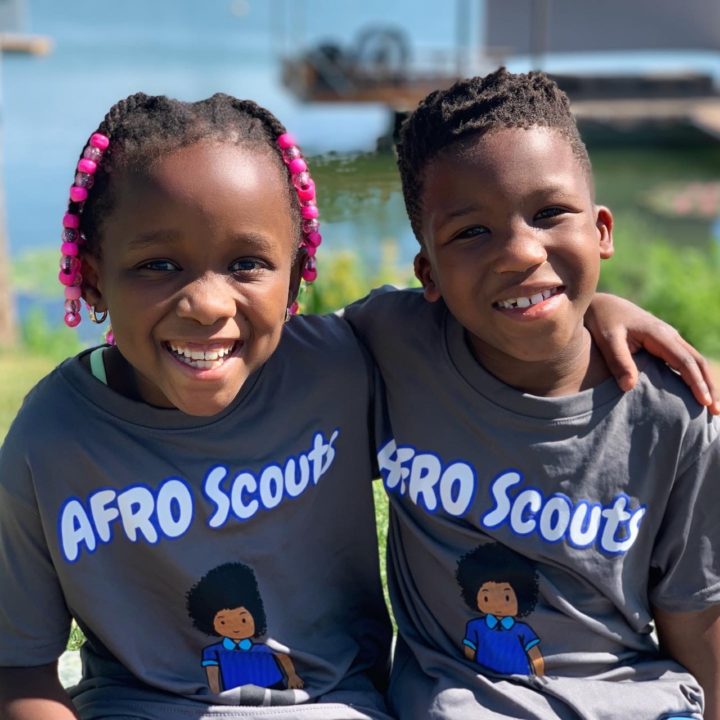
Our children’s light shines brightly for all those around them and they are truly a gift in this world. They are beautifully and wonderfully made. Their home is here with us and back home in South Africa. We realize that they are not ours and ours alone. They belong to so many people, even those who had to let go. So as we talk about first families, celebrate South African holidays, make South African food and dance to South African music in our home, we do it with a holy remembrance and a longing for our return to show love and commitment to those who remain.
Erin and Adam Turner | Adoptive Parents
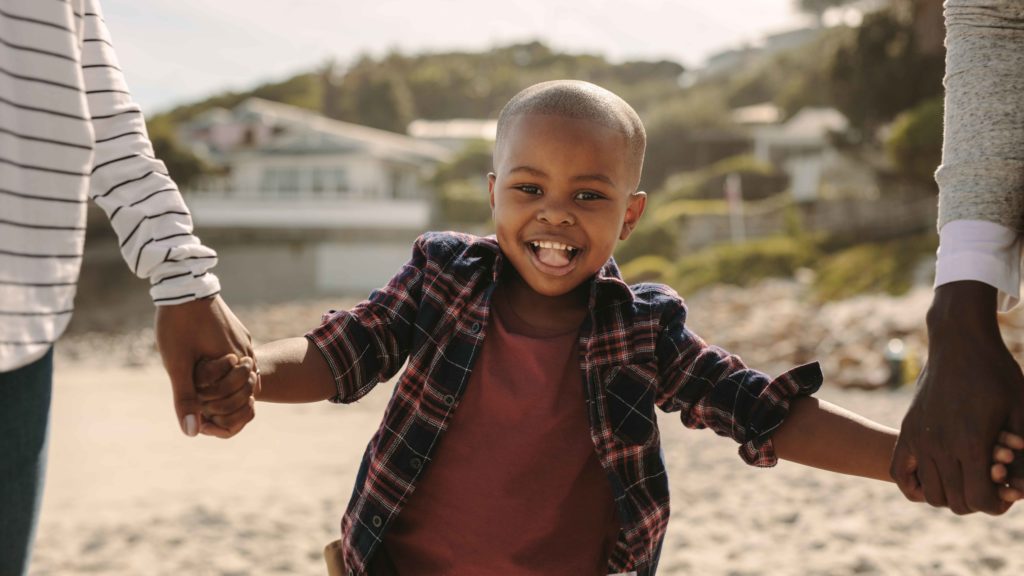
Adopt From South Africa
Many children in South Africa are waiting for a loving, permanent family.

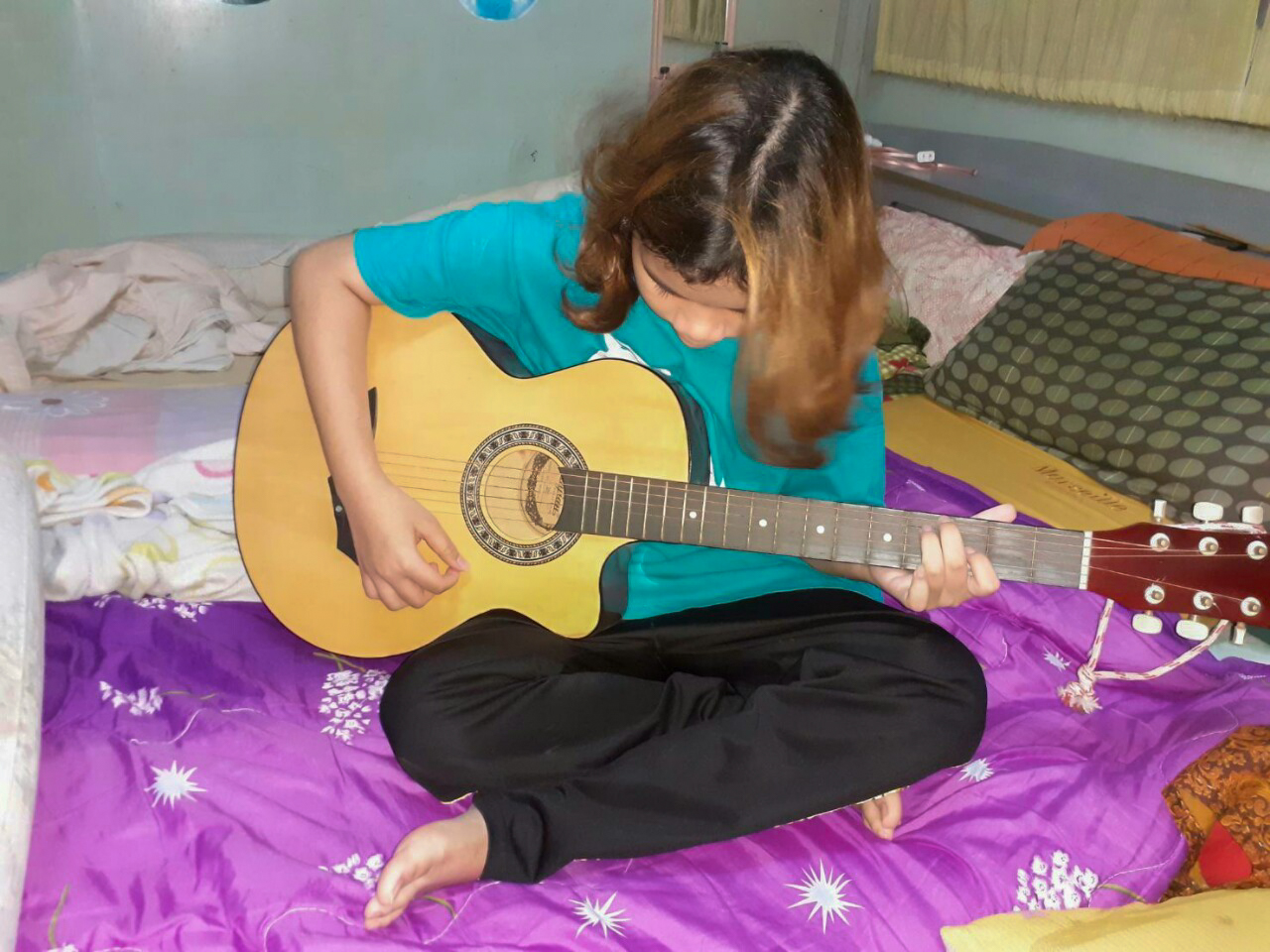
Beautiful story. Thank you for sharing and inspiring.